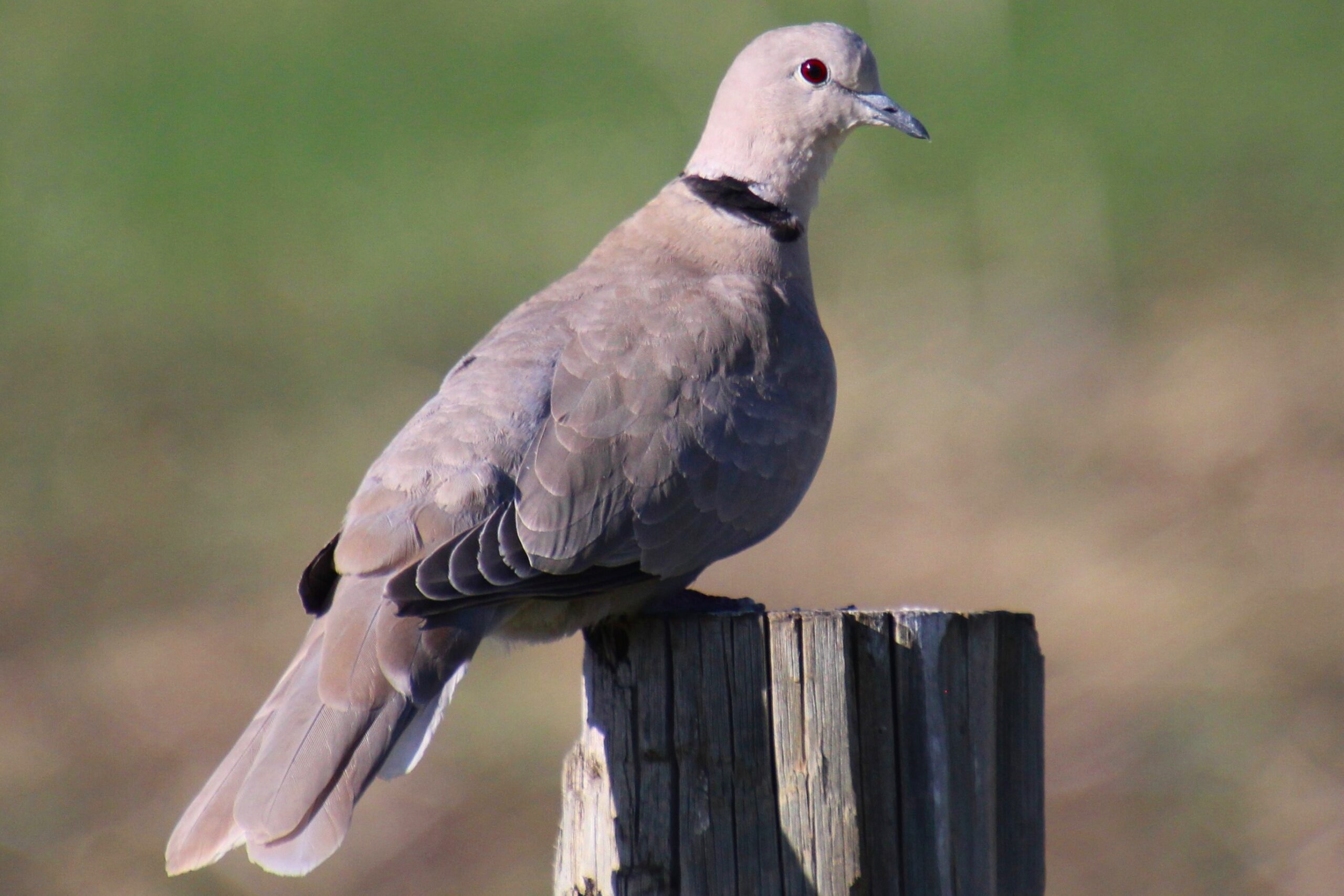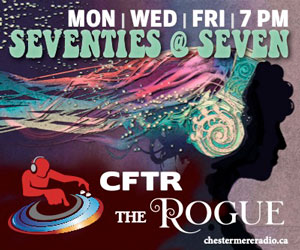Officially founded in Olympia, Greece almost 3000 years ago, the Olympic Games have long represented both excellence in sport as well as goodwill between nations. Founding Olympic countries signed a treaty known as the Olympic Truce, whereby participating nations agreed to suspend warfare during the period of the Games. The crowning of the victors with a simple wreath woven from a sacred olive tree, the ancient plant of peace, was symbolic of the trust and friendship the nations shared with each other.
The tradition of furnishing winning athletes with plants as a representation of the Olympic spirit has continued throughout the centuries. The official Olympic Anthem, an age-old song that was officially recognized by the International Olympic Committee in 1957, makes mention of the “immortal spirit of antiquity” and furthers that the victors of “these noble games” be thrown “wreaths of fadeless flowers.” What is commonly seen as a simple stand-in until medal ceremonies are carried out is actually replete with meaning: giving bouquets of flowers to event winners actually reenacts the ancient ritual of crowning the Hellenistic Olympians with wreaths of peace.
Sochi Olympic organizers have orchestrated the arranging of over 4500 bouquets of flowers for the athletes. Like Canada’s wonderful bouquets in the Vancouver 2010 games, where the bouquets echoed the elegant simplicity of olive wreaths (primarily green chrysanthemums and foliage, with a Canadian twist of a beautiful blue ribbon representing peace and recycled paper representing sustainability; all bouquets were arranged by women in a social program that served to help women-at-risk successfully re-enter the workforce), Russia has also tried to incorporate significance into their flower choices. The theme of the Russian bouquets seems tied to their re-introducing Russia to the world as a leader in environment, beauty, business, and culture. Utilizing daisies (chrysanthemums), goldenrod, eucalyptus, and laurel, Olympic bouquets are given to medal winners immediately after competition at the event site in a simple, choreographed flower ceremony. What do all of the flowers signify? The official Sochi Olympic 2014 website states: “The bouquets of the Ceremonies symbolize the colors of the resort city of Sochi. The yellow color of the stiff-leaved goldenrod has not only decorative beauty, but also healing properties that symbolize the wealth of Krasnodar Region. Green and white chrysanthemums represent the contrast of valleys, meadows and mountains stretching along the Black Sea coast. Laurel, the symbol of the winners, conveys the warmth and hospitality of the peoples of the Caucasus. The eucalyptus included in these bouquets has historical significance. It was planted in Sochi in order to drain wetlands.”
As with almost everything involved in the Sochi Olympics, detail and complexity go hand in hand. Russia, without a substantial, national home-grown floriculture industry (they only produce 2-3% of the flowers sold in the country), has had to import most of their Olympic flowers from South America, and has faced huge challenges in transport and storage in keeping the arrangements fresh for the athletes and world to see. As perhaps an example of Shakespearean dramatic irony, the horticultural challenge of keeping the bouquets fresh parallels the global challenge to which Russia is attempting to rise: putting Russia back on the international map as a nation of ingenuity, strength, and power. With a current per capita GDP that is approximately equivalent to Barbados, this massive country has its work cut out for itself; only time will tell if the Olympic flowers retain their vibrancy, and only time will tell if Russia is able to redefine itself in our modern, globalized society!
2014 Olympic Athlete Bouquets: Horticulture from Sochi
In response to Canada's Online News Act and Meta (Facebook and Instagram) removing access to Canada's local news from their platforms, Anchor Media Inc encourages you to get your news directly from your trusted source by bookmarking this site and downloading the Rogue Radio App. Send your news tips, story ideas, pictures, and videos to info@anchormedia.ca.





